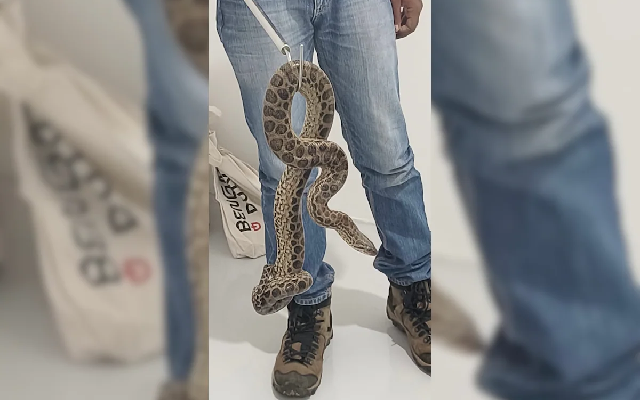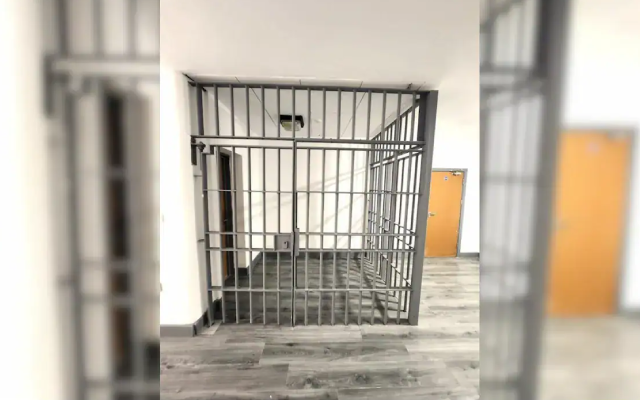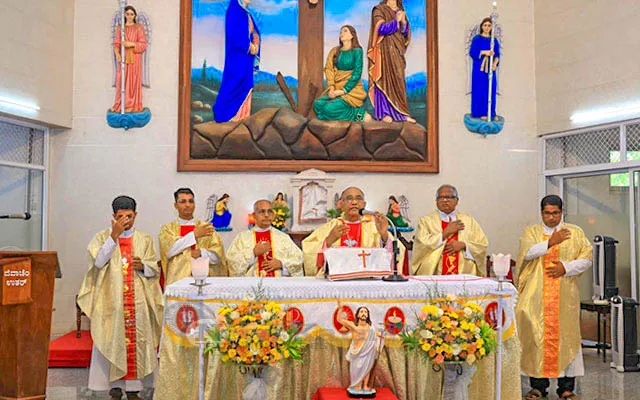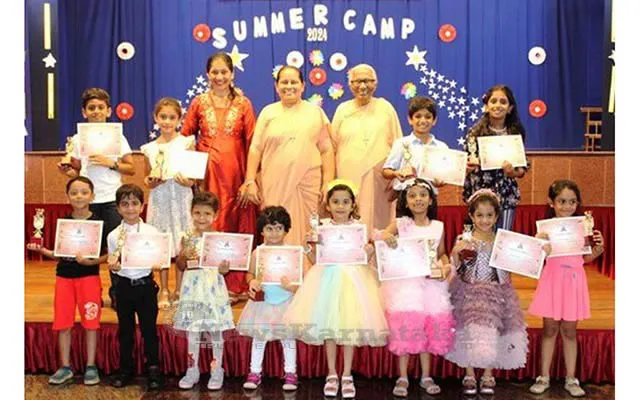Much of one’s life is taken up with learning: how to talk, how to read. At a certain point, one begins to unlearn much of what took a lifetime to learn.
When I was twenty-three years old my mother died. I had spent most of my college years dreading that moment, as the weekend I started classes at university she was diagnosed with stage four breast cancer. Because I had a nine-year-old brother at that time, my mom did everything she could from enrolling in one of the first bone marrow transplant, stem cell rescue procedures to continuing lethally high doses of chemotherapy that ultimately led to internal bleeding and a fatal heart attack.

It took me the better part of a decade to grieve her death. Nothing had prepared me for it, not even glimpsing her freckled, frail, breast-less body, tubes sticking out of her Hickman catheter, while bathing her. Her willpower to live to witness milestones in our lives was a powerful tonic of denial.
That denial persisted even though my family discussed her DNR (Do Not Resuscitate), ensuring that no extraordinary measures would be taken. It persevered even though my parents told me about a bottle of pills in the bathroom that her physician had given her for that moment when she might want to end her suffering before fate called her away.
But death was still abstract. Even after I arrived home, a few hours after she drew her last breath, cradled in my grandmother’s arms, I wasn’t ready to face it. It was new to me; it scared me. For the first day I was afraid to go upstairs or anywhere near my parents’ bedroom where she had died. I’m not sure what I imagined it would be like, but the stories my grandmother told me about her passing, especially about the fluids passing out of her body, were too graphic for me to confront.
Almost ten years later, I helped care for my maternal grandfather in his last year of life, and then my maternal grandmother another ten years later. By then I had devoured books about dying and had come to grips with it. Books like Sogyal Rinpoche’s The Tibetan Book of Living and Dying profoundly shaped my new understanding. It made dying less daunting, and made it clear what living meant.
It helped that my grandmother was full of life until the end. In her eighties, having survived her children and a new widow, we were lucky to create a community for her to thrive during her last decade. She moved into a new house, with her two closest friends (twenty years her junior), and began an acting career where she was able to socialise and engage with the world. When I would take her for auditions, which usually meant that she’d be in a room filled with other ladies who matched her description, she revelled in the camaraderie. In fact, I think she auditions more than acting; it never seemed to bother her when she’d wind up on the editor’s floor.
She subsisted almost entirely on chocolate, deciding that she wanted to enjoy every last morsel. Her two friends were not mere companions: they were family, family who made her last dying wishes come true, including travelling in the Good Year blimp and touching an elephant.
My grandmother knew how to live, and having witnessed a great deal of death in her life, she knew how to die. When she was diagnosed with lung cancer, she was clear what she wanted: no treatment like those my mother suffered through. She wanted to be at home; she wanted hospice care.
Her example, and the memories that stick with me, have shaped how I think about what it means to be alive, and its corollary, death. In the U.S., choices my grandmother made seem all but insane to many medical practitioners, except for the few sane people like Atul Gawande. It reminds me of Chrystos’ satirical poemAnthropology in which she analyses the Caucasian people’s practices: “The elderly are also jailed, there being no value system for them. Those passing through transitions are called ‘crazy’ & also jailed.” She goes on to suggest that jailing may be a religious ritual among the Caucasian people. Indeed, Gawande’s recent book, Being Mortal, illustrates how profound Chrystos’ claims are given the history of how ageing people in Western society are generally treated institutionally.
These memories have been evoked now that I visited my first nursing home in India. My father-in-law, who reached his ninety-fourth year last week, has been deteriorating rapidly and is now in an ICU, surviving solely on life support. As I watch my husband and mother-in-law begin the grieving process, trying to let go of a life that seems to me to be already gone, I am reminded of how much we all need to unlearn what we think we know about living and dying. Over the past couple of years I’ve watched him live in agony, from the process of ageing, brittle bones breaking from far-too-many a fall, and the debilitating effects of dementia. It is painful to see someone who seemed to be waiting for death.
For the most part, the elderly in India are far better cared for than the West where they are more often than not abandoned to nursing care facilities. Here family members still believe in the value of living together across generations and caring for their elders. This is a value I admire deeply, though I fear it may be fading here, too. But along with caring for our family, it is important to question life and at what stage it ceases to exist. Medical technology may allow us to live longer, but at what cost?
Photo courtesy: ALAMY

















